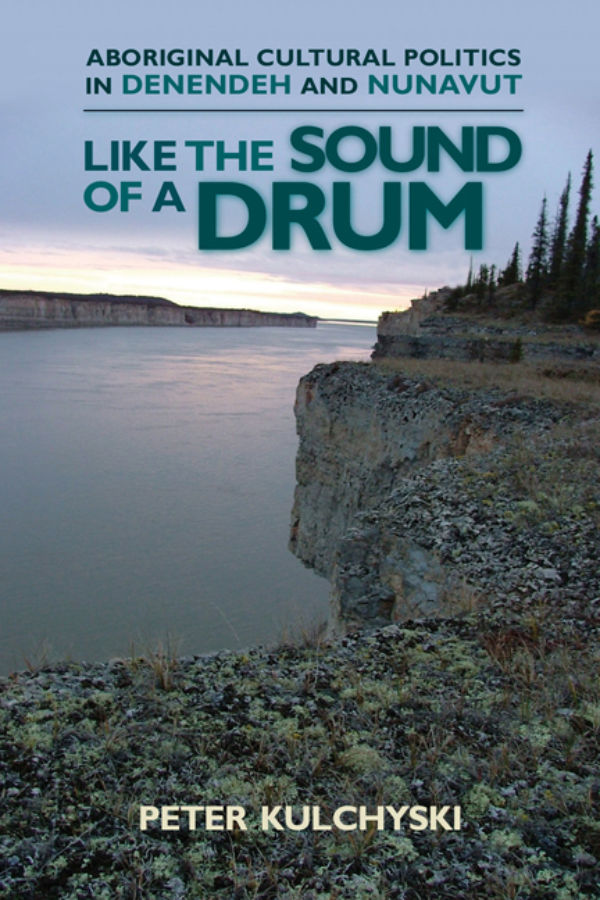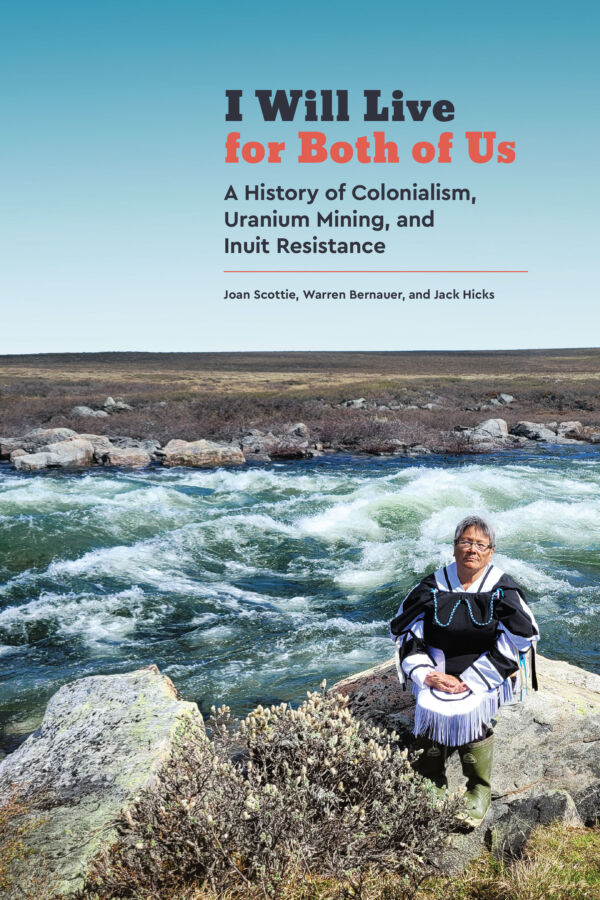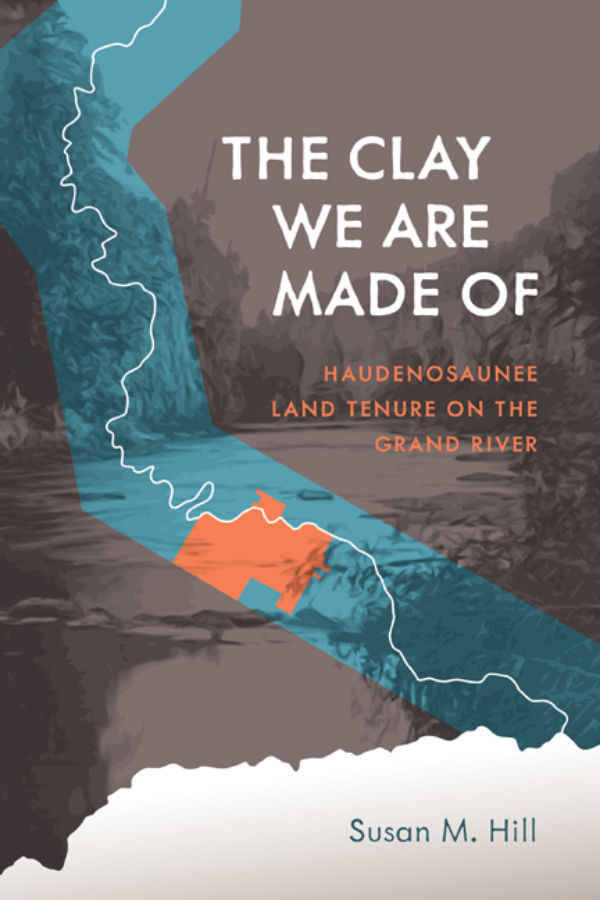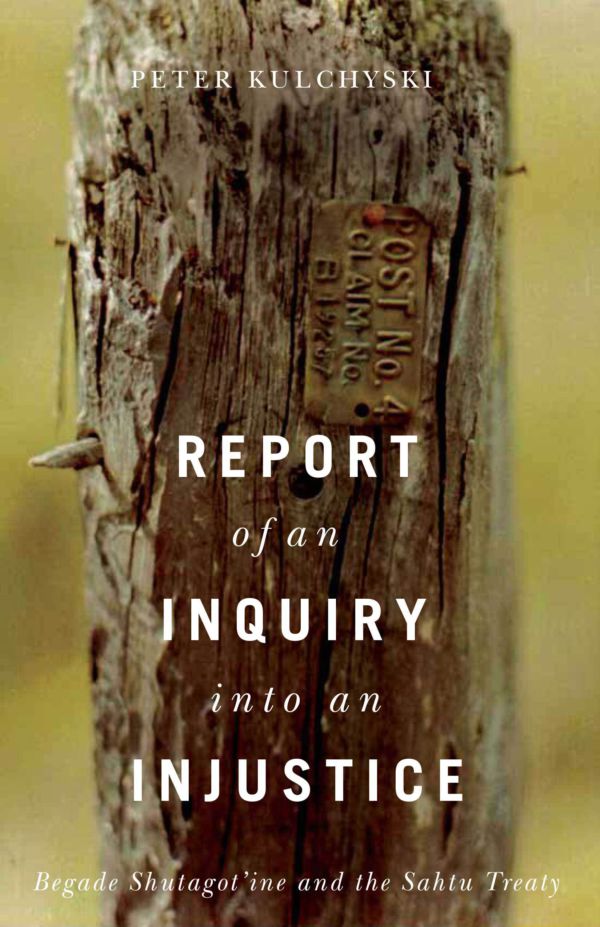Overview
Part ethnography, part narrative, Like the Sound of a Drum is evocative, confrontational, and poetic. For many years, Peter Kulchyski has travelled to the north, where he has sat in on community meetings, interviewed elders and Aboriginal politicians, and participated in daily life. In Like the Sound of a Drum he looks as three northern communities—Fort Simpson and Fort Good Hope in Denendeh and Pangnirtung in Nunavut—and their strategies for maintaining their political and cultural independence. In the face of overwhelming odds, communities such as these have shown remarkable resources for creative resistance. In the process, they are changing the concept of democracy as it is practised in Canada.
Reviews
“Beyond the passionate and moving stories that illuminate the cultural and political transitions occurring today within northern aboriginal communities, Like the Sound of a Drum is also perhaps the first great book of southern ethics.”
Topia, Fall 2006
“A number of timelines are converging on the Canadian north, which gives Like the Sound of a Drum considerable currency. Global climate change could have an enormous impact on Arctic lands and lifestyles. Canadian sovereignty issues make the Arctic a region of strategic importance. But the resource potential of the far north – in particular its oil and gas reserves – is the subject of most current attention. The demand down south, the resources have to move, and the pipeline routes run through Aboriginal territories. Kulchyski notes that the Aboriginal self-government machinery in Canada has generated both an enormous discourse and library of academic, legal, and bureaucratic texts, among the ranks of which, he adds, “this book may now be included.” However, his book is unlike most of the others, it is worth reading for its relevance and uniqueness.”
Katherine Beatty Chiste, American Indian Culture and Research Journal, 2006, vol 30, issue 4
“This is a theoretically informed, strongly argued, and insightfully researched book, one that will no doubt set the standard for scholars seeking to explore the intersection of political aspirations, Aboriginal culture, and political systems in Canada.”
Ken Coates, Canadian Historical Review, Vol. 90, No. 3, September 2009
“…the real strength of this work is the insights it offers on the dynamics of political life and the potential for Aboriginal self-government in northern communities. The author discusses the challenges as well as the successes of community government and incorporates the views and opinions of community members into this discourse. The book thus functions as a conduit for community politics in relation to the broader changes that are taking place in the territories, therefore reinforcing the notion that community government is a central component in the development of self-government and territorial governance.
Gary N. Wilson, Canadian Journal of Political Science , September 2007
Awards
Alexander Kennedy Isbister Award for Non-Fiction (2006)






